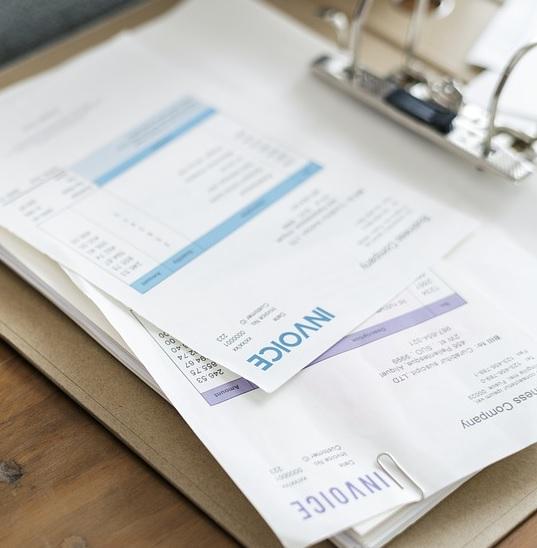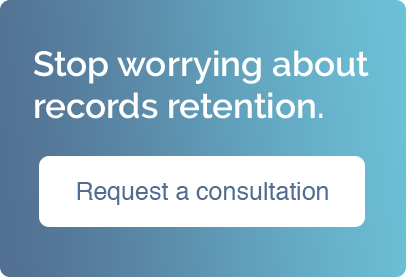How Long Should You Keep Business Invoices?

As a business, you are required to keep and maintain certain documents. Among those are invoices, both payable and receivable. Keeping good records of these and all other financial documents that your business accrues can help protect you in the event of disputes with customers or creditors. Keeping good records can also help with tax preparation and tax audit defense when necessary. In addition to being in compliance with federal, state, and local regulations, keeping a good record retention schedule for all invoices can help to establish a budget and manage your businesses accounts payable and receivable. Here is what you need to know about keeping business invoices.
Payable Invoices
When you receive an invoice from a supplier, vendor, contractor, or another service provider, it will be in your best interest to record the transaction in either hard copy format or in an electronic accounting software format. If possible, attach a copy of the purchase order and the check or receipt from any other form of payment with the invoice. If invoices are sent to a specific individual or department within an organization, note this on the invoice for tracking and record keeping purposes. This type of process can help provide proof of payment, if needed.
Receivable Invoices
When you send invoices to customers for goods or services provided, you’ll need to keep a copy of the invoice for your records. Upon receiving payment for the invoice, attach a copy of the check or receipt for electronic payment. If you end up sending multiple follow-up invoices prior to receiving payment, be sure to attach each subsequent document with the original invoice to develop a paper trail. Be sure to also include any correspondence with the customer, along with notices of late fees or reminders of contractual obligations.
Purpose of Keeping Invoices
Invoices serve an important function in addition to tracking income and expenses. Invoices can also be used to prove the validity of profit and loss statements with the IRS in the event you are ever audited. Invoices are also used to support your reported earnings and deductions on your taxes. Having a thorough, organized, and easily accessible invoice record can prove beneficial when preparing taxes, tracking expenditures, and establishing a budget for your business.
Invoice-Keeping Timetables
Not only is it important to keep a record of all invoices, but it is also equally important to maintain your accurate record retention schedule. The IRS recommends that invoices that can be used to substantiate your claims of business income or deduction should be kept and retained for the entire period of the statute of limitations. During this period, tax records can be amended, changed or reviewed, and having a record of invoices would be required to support changes and claims. This period of time can be anywhere from three to seven years, depending on circumstances.

